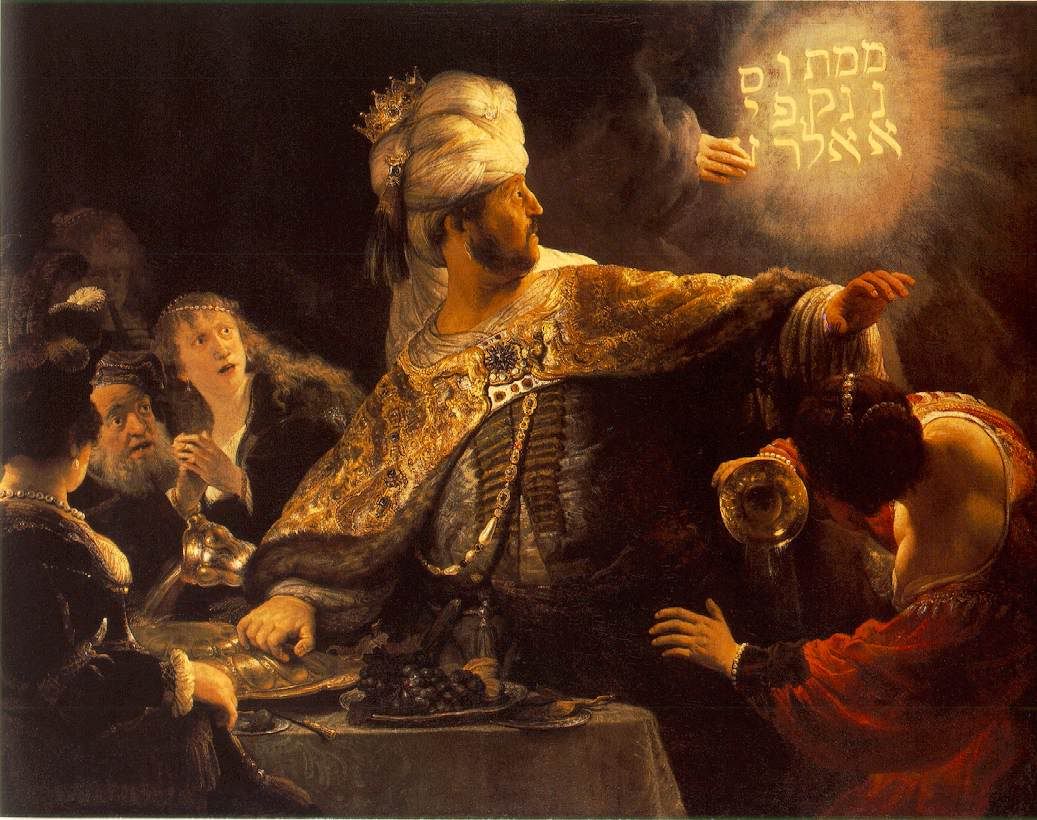So, like the old joke where a guy is looking for his contact lens under the light instead of where he lost it because the light is better there, people will denounce the US/Israel because the light is better there even though there is nothing to be gained from it. Unless one wants points for moral posturing, like the Obamoids...
Debka File
Until the defeated Iranian presidential contender Mehdi Karroubi broke the wall of silence surrounding the Islamic Republic's prisons to demand an investigation into allegations of rape, little attention was paid to the abuses meted out to protestors who dared to claim that the June 12 election was rigged.
These abuses are inflicted routinely and systematically in seven secret prisons where political detainees are held at the behest of the revolutionary Islamic regime. Those prisons are described DEBKAfile's Iranian sources as inhuman hellholes:
Kahrizak
This is the jail which supreme leader Ayatallah Ali Khamenei wanted razed to the ground to conceal the outrages committed there against scores of reform-seeking protesters who had the cruel fortune to be dumped there. Kahrizak on the southern outskirts of Tehran was notorious as the penal facility for Iran's most violent thugs and gangsters. Those inmates were let loose on the political prisoners who were incarcerated in cells ten meters square. An unknown number suffered rape and bloody beatings, which not all survived.
The commander of Iran's internal security forces Esmail Ahmadi-Moghaddam said Sunday, Aug. 9, that he would not deny his share in the blame for the "terrible things that took place in Kahrizak" where two protesters were admittedly found dead. He claimed that two of the security officials responsible for "widespread prisoner abuse" had been fired and awaited trial.
The prison remains open and our sources doubt those responsible for the outrages will be brought to trial.
Six more jails and detentions centers operate in the Tehran area.
Ghamar prison
A low, inconspicuous door behind the Ghamar Bani Hashem Hospital on Resaalat Street near the security ministry leads into a top-secret holding facility for interrogating political prisoners. It is closely guarded by Iran's intelligence ministry.
It has two floors and a yard, containing four interrogation rooms, eight isolation cells and eight holding cells in which dozens of detainees are crammed, allowed access to showers once a week and toilets three times a day . Here, the detainees undergo their first inquisition and beatings before they are transferred to other prisons. Their eyes and mouths are bound with leather straps to prevent them from identifying their tormentors. Their agony ends when they sign written confessions.
Most of the victims' families do not know their whereabouts.
Esharat-Abad prison
Several hundred political prisoners are crowded into this facility for drug offenders which is designed for 250 to 350 inmates. It is situated in the Narcotic Unit's headquarters in central Tehran.
The building consists of three large units broken up into cells of 1.5 x 2 meters, into each of which up to five detainees are squeezed for an agonizing three to seven days. Under interrogation, their arms and legs are broken to make them confess and give up information. Accustomed to beating and humiliating dope traffickers, the wardens carry on abusing the political detainees.
Sanitary conditions are appalling and the inmates are fed scraps from the prison staff canteens. The stench of vomit and sweat in the unventilated cells is unbearable. Whenever a detainee dies of torture or disease, prison authorities file a fictitious report. After the questioning finishes, those who survive are transferred to the central prison at Evin. No one has been brought to book for their deaths.
The Revolutionary Guards Prison 59
This penal complex in the cellar of the Revolutionary Guards Corps base Esharat-Abad suburb of Tehran is the most terrible of all seven secret jails. It is so secret that even the head of the justice department for the Tehran district has never been granted permission for a visit.
Run by the field security unit of the IRGC, this is where suspected spies and people accused of grave security offenses are questioned by officials who are not bound by any laws or regulations. They have sole discretion to determine the degree of abuse their victims deserve.
Most of the cells are made for solitary confinement, although around ten large chambers hold a number of detainees. None have light or ventilation; sanitary conditions are appalling and food scanty. Detainees are allowed one telephone call during the period of their detention subject to permission from the security guards, which means depending on how well they cooperate.
Inmates are completely cut off from the outside world so that when it is important for the regime to extract confessions to crimes they never committed, they are susceptible to psychological manipulation, such as fake newspaper front pages or fabricated news bulletins.
These detainees may disappear into this top-secret prison for long stretches of time of up to a year or two without their families knowing where they are.
Nabovvat
This detention center on Schrevardi street in central Tehran is shared by the intelligence ministry and Revolutionary Guards. It is located on the top floors of a shopping center and hidden behind a secret door. It is used for political detainees whose incarceration is too secret for them to be held in other prisons. For many it is also the end of the line for few survive the questioning practices at this place
Abu Ghoraib prison
This jail administered by the internal security services, named for the notorious American prison in Iraq, is located on Seoul Street in the Fatemieh suburb of Tehran, a residential district where few are aware that Abu Ghoraib is used to torture security personnel accused of grave offences or crimes against the regime. Prison No. 66
This jail is also run by the Revolutionary Guards behind the Allameh Tabatabai military base on the Asfarieh highway north of Tehran. Here former Guards members accused of serious offenses or subversion against the state are subjected to extreme torture. At least two inmates have died in recent weeks.


No hay comentarios.:
Publicar un comentario